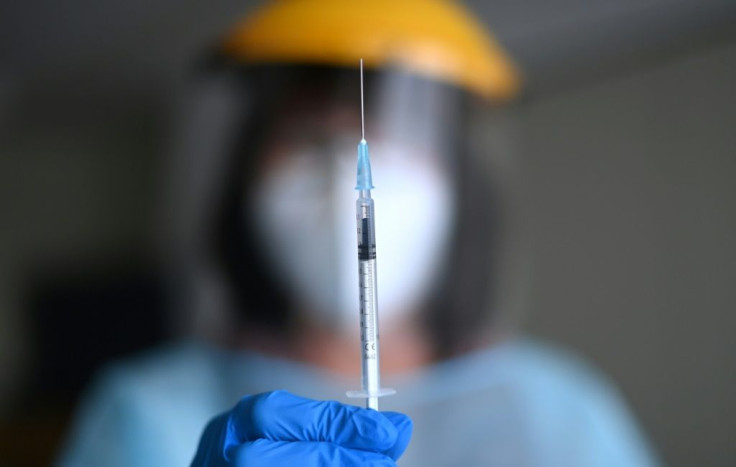Pfizer Expects To Cut COVID Vaccine Manufacturing Time By Half
KEY POINTS
- Pfizer-BioNTech coronavirus vaccine has been authorized for emergency use
- Both Pfizer and Moderna aim to deliver 100 million doses each in the U.S. by March 2021
- CDC data showed 20.6 million doses of the Pfizer vaccine have been administered in the U.S.
As vaccination campaigns in the United States and other countries gather steam, Pfizer expects to cut its manufacturing time by half and make the process more efficient to meet the surge in demand.
The company told USA Today on Monday that it expects to reduce the number of days taken to produce a batch of COVID-19 vaccines from 110 to an average of 60. “We call this Project Light Speed,” said Pfizer's vice president for operations for sterile injectables, Chaz Calitri.
The US Food and Drug Administration authorized the Pfizer-BioNTech coronavirus vaccine for emergency use in December last year.
Calitri explained that Pfizer’s production process was based on how the vaccine was developed in the laboratory. Engineers usually take time to improve the efficiency and cost-effectiveness of the process, but USA Today noted that was not what happened with COVID-19.
"We just went right to commercial production," Calitri said.
The company has now made changes to improve the speed and output of production.
President Joe Biden aims to administer at least 100 million COVID vaccine doses during his first 100 days in office. The data from the U.S. Centers for Disease Control and Prevention showed that more than 42 million COVID-19 vaccine doses have been administered in the U.S.. Over 20 million are doses of the Pfizer vaccine.
Both Moderna and Pfizer COVID-19 vaccines in the U.S. were last month reportedly behind on their distribution goal of delivering 100 million doses each by March 2021. While Moderna significantly increased the number of weekly deliveries last week, NPR reported only a slight increase in the Pfizer doses. It said that 5.8 million Moderna doses were allocated to states last week while Pfizer's total was 4.4 million vaccines.
Pfizer even slashed in half the number of COVID-19 vaccines it delivered to some European Union countries. It had announced a delay last month in shipments due to works at its plant in Belgium. The company said that the modification at the Puurs factory was necessary to ramp up its production capacity from mid-February and assured an increase in deliveries in late February and March.

© Copyright IBTimes 2024. All rights reserved.





















